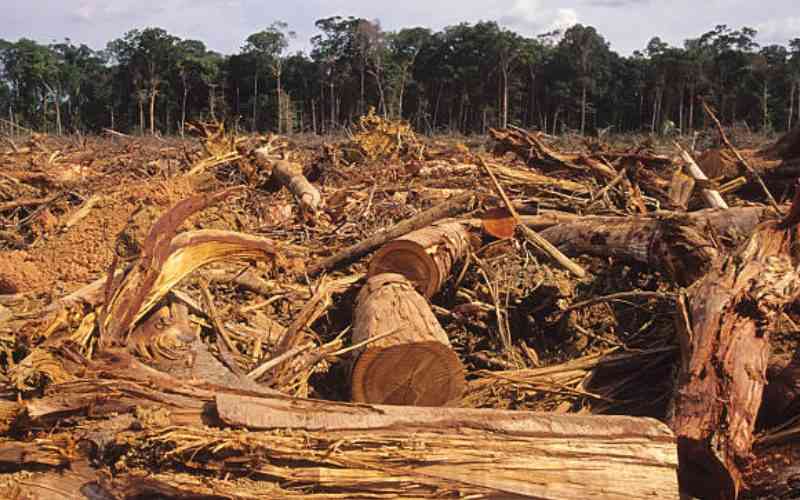×
The Standard e-Paper
Smart Minds Choose Us

Traditional medicine dates back to the dawn of time, and it entails the use of medicinal herbs to treat diseases. There are about 250,000 species of higher plants on the planet.
Of these, 50,000 are known medicinal ones. Herbal medicine is estimated to be worth $250 billion, with a seven per cent annual growth rate.